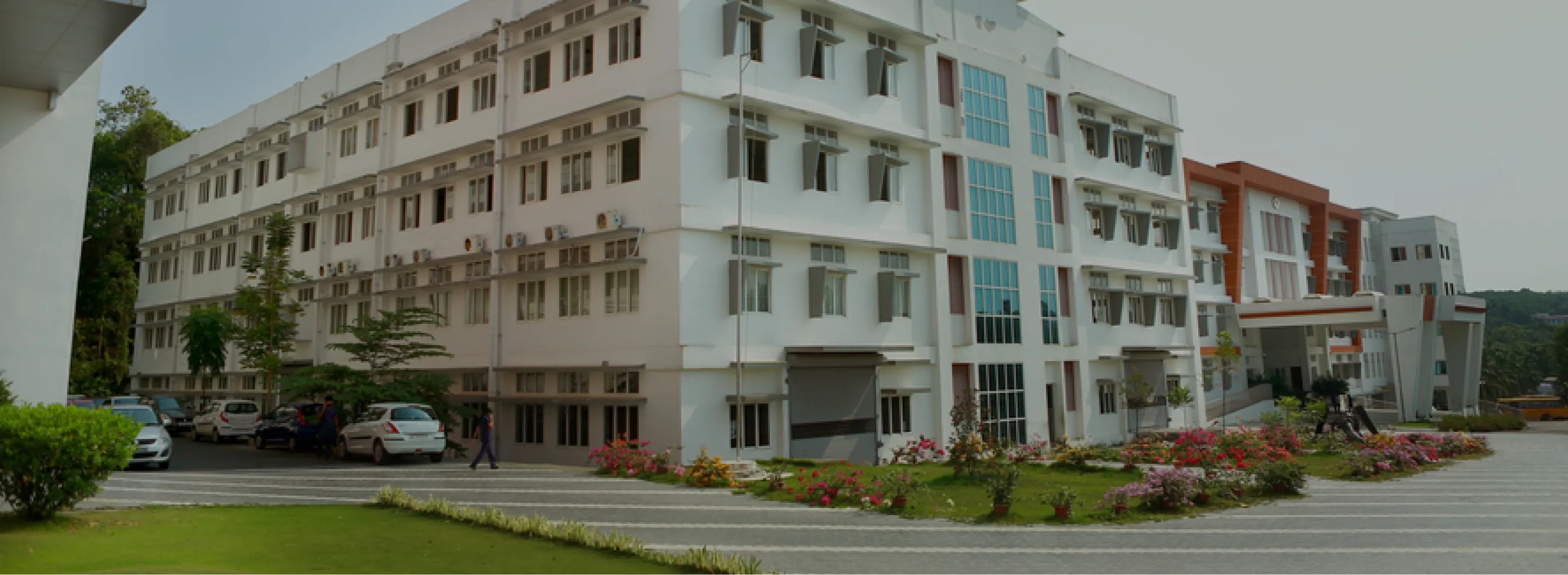
Muthoot Institute of Technology and Science (MITS), Puthencruz, was established in May 2013 and commenced its academic programs in August 2013. Since its inception, the Department of Computer Science and Engineering (CSE) has been one of the major departments of the institute and currently offers a B.Tech program in Computer Science & Engineering with an intake of 120 students.
The faculty members of the discipline are from diverse streams and specializations. Being a part of an emerging and relatively new institute, together with extremely competent research faculty, the Computer Science and Engineering faculty of MITS offer a unique interactive platform for the students to explore the arena of fundamental and applied research. Well qualified, experienced and dedicative faculty committed to teaching and passionate about research & development makes this department unique. The Department has state-of-the-art infrastructure and computing equipment supported by high speed Ethernet and wireless networks. The fully equipped labs give students a hands-on learning opportunity, and there by getting first-hand experience in various computer science areas. Department of CSE aims in providing inclusive technology education to all the inmates. The department provides an ideal ambience to imbibe the best for its students.
.jpg)
Admissions to B.Tech Programmes are strictly based on merit through Govt. Quota and Management Quota.
Eligibility for admission to the B.Tech programme, admission policy and procedure shall be decided by following the latest guidelines issued by the Government of Kerala and other statutory body such as APJ Abdul Kalam Technological University (KTU), AICTE.